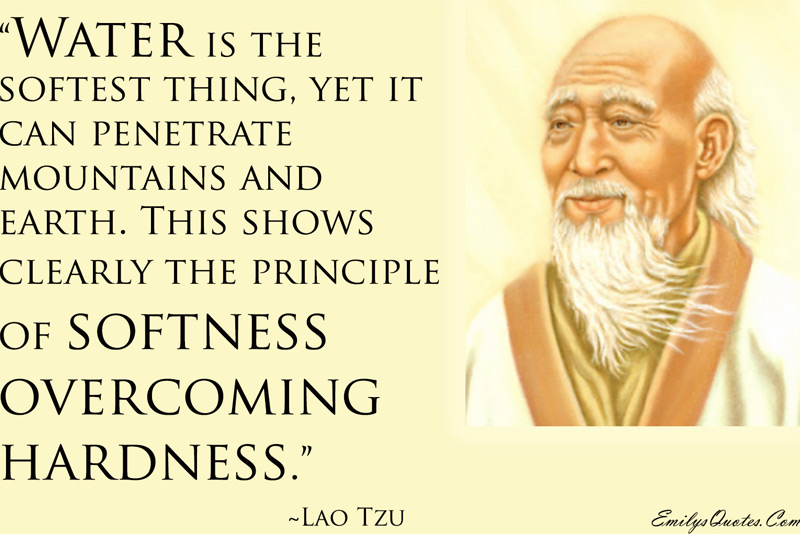SAMPLES 翻譯樣品屋
教育類 教育類翻譯樣品 -1
2016-09-01 / 文:Paul Tseng

Abstract
In 1996 the Education Reform Committee of the Executive Yuan advanced Reports on Educational Reforms in which there were many suggestions for our nation’s policy of multiple-way teacher’s cultivation. This article aims to research how this influential report had made an impact on our teacher’s cultivation after more than two decades since its release. What are its effects? What controversial issues does it lead to? And what are the future strategies?
This article adopts the research method of the telephone interview. It is found that in the recent two decades the reform policy about the teacher’s cultivation has been almost in line with the Reports on Education Reforms, yielding many fruits, also leading to many controversies. In terms of the reform effects, they can be stated as follows.
1. Producing abundant resources of teachers for the elementary and middle schools.
2. Cultivating professional and pluralistic teachers for the elementary and middle schools.
3. Implementing teachers’ evaluation exam can control and guarantee the quality of the teacher trainees.
4. pushing for the evaluation of the teachers training centers can elevate the quality of the teachers training institutions.
5. Teachers colleges and universities are overhauled and incorporated.
6. The curriculum of teachers training of each school has its own specific features.
7. The channels for teachers’ study become common and pluralistic.
8. The intern system effectively combines theory and practice.
On the other hand, in terms of controversies, it can be stated as follows.
1. Controversies about the imbalance between supply and demand.
2. Teachers-to-be which have decreased in number year by year has a controversial ratio of being placed on the work filed.
3. The controversial about the sequential order of teachers’ evaluation and intern.
4. Controversies about self-paid cultivation and government-paid cultivation.
5 A large number of stray teachers leading to the low motivation of teacher trainees.
6. Educational curriculum lacks the certifying system, and the evaluation lacks objectivity.
7. Related laws are changed too frequently, and the inter system has been changing.
8. Overall, the quality of the teachers has been lower than ever before.
Finally, this article comes to three conclusions, which can serve as references for future reforms.









